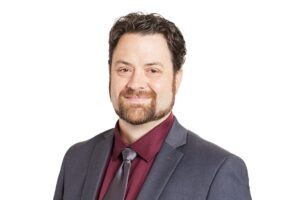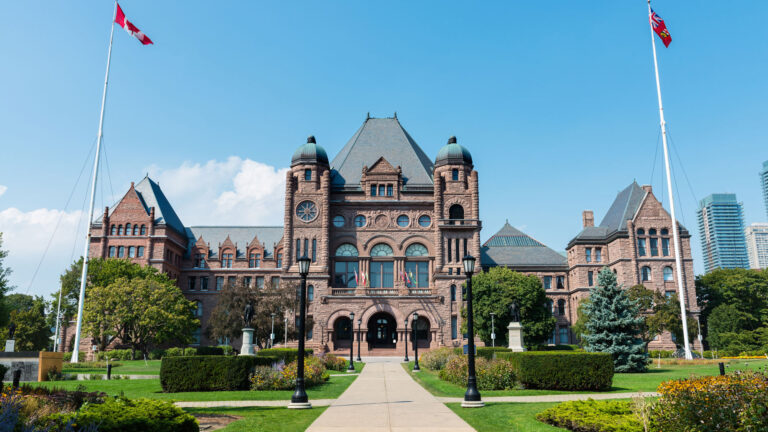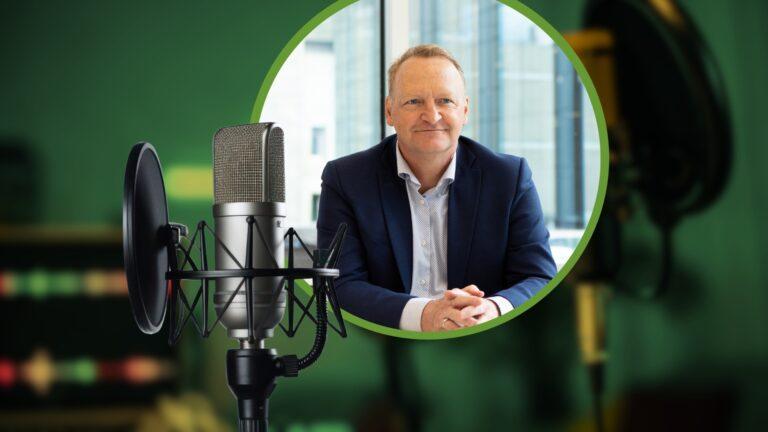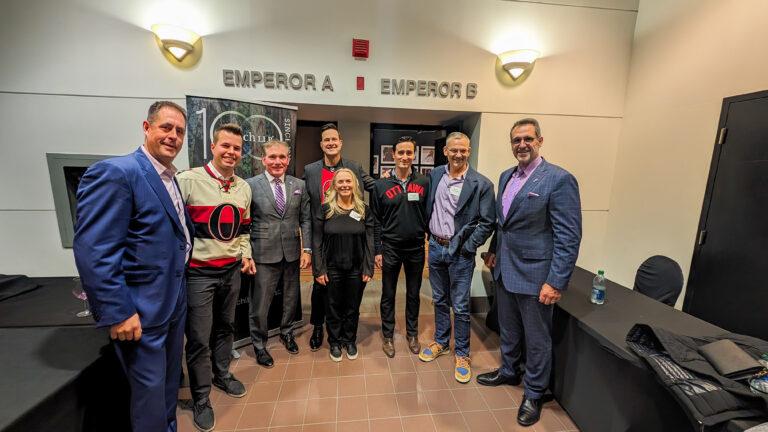The LCGE is considered by many to be the most beneficial tax exemption available in Canada, with the principal residence exemption (a topic for another day) being a close second. Individuals who are resident in Canada can claim the LCGE on the disposition of shares of a Qualifying Small Business Corporation (QSBC). By claiming the LCGE, the individual can shelter up to $892,918 (the current maximum LCGE) of the capital gain realized on the disposition of the QSBC shares. This shelter results in tax savings of approximately $232,000 for most business owners, including medical practitioners.
Now that we have covered the basics of the LCGE we can discuss the basics of the QSBC share and specific considerations for medical practitioners. Without going to great levels of depth (you should discuss this planning with your Welch health industry specialist), a share will be considered a QSBC share if it meets the following conditions:
- Share of a Canadian Controlled Private Corporation (CCPC)
- Owned by you or your spouse, majority age kids, or a trust for minority age kids at the time of sale, at which time 90% of the fair market value of the assets of the corporation were used in an active business in Canada
- Owned by you or a person related to you throughout the 24 month period preceding the sale, during which 50% of the fair market value of assets were used in an active business in Canada
In most medical corporation scenarios, the medical practitioner will have owned the shares of a CCPC for at least two years. The real concern with meeting QSBC status for a medical corporation is the amount of assets invested in an active business, both at the time of disposition and during the 24 months preceding the disposition. This determination seems simple enough, as a medical practitioner who operates in Canada all of your income is earned in Canada and therefor all of your assets should be considered to be active assets used in an active business, right?
Unfortunately, this is not normally the case as most medical corporations have assets that are not considered to be used in an active business. The two most common assets considered not to be used in the business of a medical corporation are cash and investments. Now you may be asking yourself how cash can be considered inactive when it was generated from your active business operations. The truth is that some of the cash held within a medical corporation would be considered to be used in the business, this is the cash required to pay for operational expenses like staff, medical supplies and rent. It is the cash in excess of these requirements that would be considered not to be used in the business, as such the retention of significant amounts of cash can be considered an inactive asset.
The same is true for investments, as the majority of investments are used to earn passive income they are not considered to be active assets, ownership of significant passive investments within your medical corporation can cause it to fail one of the asset tests resulting in you not having access to the LCGE when you dispose of your shares.
Many of you may now be thinking that it is too late or that you should have received this advice earlier as your medical corporation is holding too much cash or investments. Thankfully, this is not the case for everyone. Some of you, with appropriate planning from one of Welch’s health industry specialists, will be able to restructure your medical corporation to allow you to utilize the LCGE.
Remember that this planning must occur at least 24 months prior to the disposition of your shares. If you are nearing your desired retirement age you should consider a conversation with a Welch health industry specialist as soon as possible to determine if you can gain access to the LCGE.
In addition to inactive assets, another consideration for medical practitioners is the ability to find a purchaser as it is not always easy to transfer a medical practice as the purchaser will also need to be a medical practitioner in most scenarios. In these scenarios the medical practitioner would need to consider other alternatives to minimize taxes. The good news is that one of Welch’s health industry specialists can help you minimize taxes as well.













